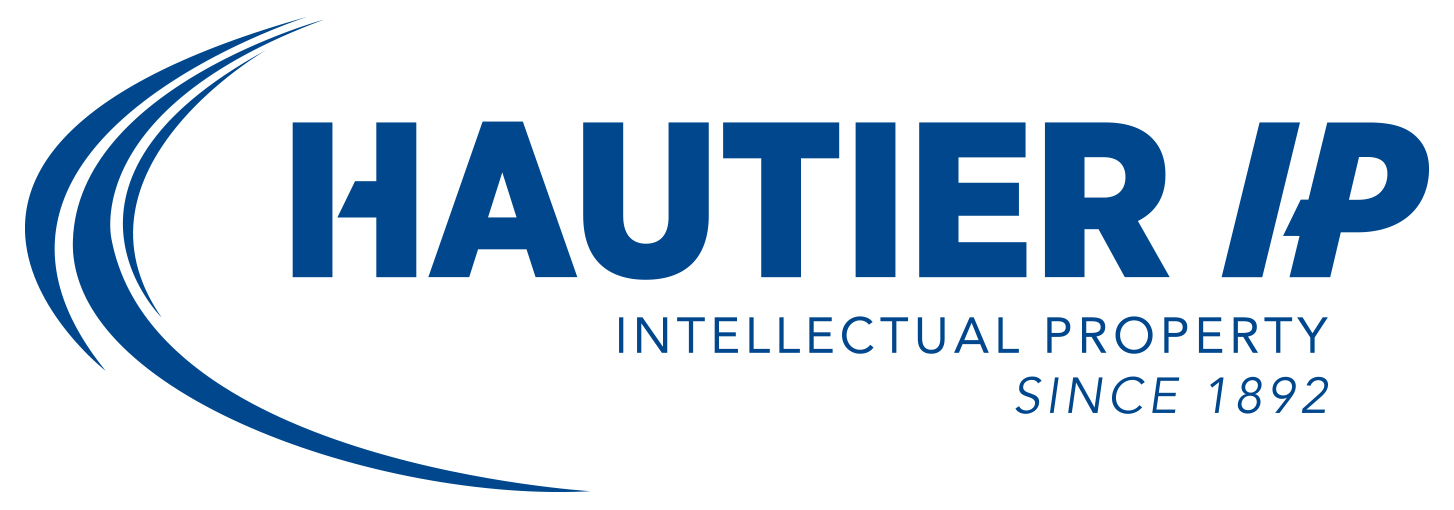
- Home
- >
- Pages
- >
- Your project
- >
- Valuation and financial assessment
- >
- Know-how
Know-how
Know-how is usually built up while a technology develops.
Sometimes, know-how is even central to a company’s innovation.
Know-how from a patented invention is different from know-how that is meant to remain secret.
However, the two are generally complementary. Know-how cannot be patented. However, the law protects it anyway if it has actual or potential commercial value.
The jurisprudence defines know-how or trade secret as:
DA manufacturing process presenting a certain originality, even though the inventive step might be modest, and which offers its owner a practical and commercial advantage such as an improvement in production or a reduction in cost price.
Know-how must remain secret so that it can benefit from the protection of the French Intellectual Property Code or, if it has been disclosed, this must be done under cover of a confidentiality agreement.
Paris 13 June 1972.
L621-1 states that: “Penalties for violation of trade secrets are provided for in Article L. 1227-1 of the Labour Code reproduced below:
The act of a director or employee revealing or attempting to reveal a trade secret is punishable by two years’ imprisonment and a fine of 30,000 euros.
The court may also order, as a supplementary penalty, for a period of up to five years, the prohibition of the civic, civil and family rights provided for in Article 131-26 of the Criminal Code.”
Trade secrets may in particular be disclosed when administering evidence of non-infringement of a product obtained by a process. Indeed, Article L615-5-1 provides for a reversal of the burden of proof in favour of the holder of a patent relating to a manufacturing process. In this scenario, the alleged infringer may have to prove that they have not reproduced the patent-holder’s process. They may thus be required to reveal elements of their trade secret.
However, the last paragraph of Article L615-5-1 states that the court must take the defendant’s interests into consideration in the production of these elements. Production in secret is therefore possible.
Previously subject to rather disparate sources of law (in particular some points of law in the Intellectual Property Code and a European Regulation on technology transfer agreements), know-how has been strengthened by the law of 30 July 2018 on trade secrets. This has served to stabilise the definition and therefore the spectrum of protection.
In the long run, reserving know-how is crucial for your company. Yet this process is not easy because it involves active management of secrecy and significant formalisation of knowledge. HAUTIER IP has been involved in supporting companies in this area for many years. This includes advice on knowledge management to help you secure your company’s know-how. Training is also provided.
HAUTIER IP also offers you its expertise during the phases of know-how transfer. Numerous studies have shown that know-how adds considerable value to technology transfer agreements, even when these primarily relate to patents. These pure or mixed know-how agreements are complex and deserve special attention, which HAUTIER IP has made a speciality.
The EU COMMISSION REGULATION No 316/2014 of 21 March 2014 on the application of Article 101 (3) of the Treaty on the Functioning of the European Union to categories of technology transfer agreements also gives a definition of know-how:
- “know-how”: a set of practical and tested information, resulting from experience, which is:
- secret, i.e. it is not generally known or easily accessible,
- substantial, i.e. important and useful for the production of contract products, and
- identified, i.e. described in a sufficiently complete manner to make it possible to verify that it fulfils the conditions of secrecy and substantiality;
This exemption regulation also makes it possible to have a precise idea of the definition of know-how.
Finally, it is important to note that the European Parliament and Council Directive (EU) 2016/943 of 8 June 2016 significantly strengthens the protection of business secrets including trade secrets. Member states must comply with this directive by 9 June 2018.
This directive provides a definition of business secrecy as follows: For the purposes of this Directive:
- “business secret” means information that meets all of the following conditions:
- they are secret in the sense that, in their entirety or in the exact configuration and assembly of their elements, they are not generally known to persons belonging to circles normally involved with the kind of information in question, or are not easily accessible to them,
- they have commercial value because they are secret,
- the person who has lawful control of them has made reasonable arrangements to keep them secret, taking account of the circumstances;
One condition seems to have been added to the French case law definition: indeed, it seems that specific measures must have been put in place to protect secrecy. Once again, a commitment of confidentiality seems necessary to guarantee the setting up of a trade secret.
Finally, we note that unlike a patented invention, a business secret may be lawfully reproduced by a third party, as long as he or she has not fraudulently extracted it from the holder.
The directive specifies the terms of this lawful acquisition:
- Obtaining a business secret is considered lawful when the business secret is obtained by one of the following means:
- a discovery or an independent creation;
- the observation, study, dismantling or testing of a product or object which has been made available to the public or is lawfully in the possession of the person who obtains the information and which is not bound by a legally valid obligation to limit the obtaining of the business secret;
- the exercise of the right of workers or workers’ representatives to information and consultation, in accordance with Union law, national laws and national practices;
- any other practice that, in the circumstances, is consistent with honest business practices.
- Obtaining, using or disclosing a business secret is considered lawful insofar as it is required or authorised by Union or national law.
Thus, a holder cannot prohibit a third party from using their trade secret if the latter has obtained it lawfully, despite the secrecy (no action for infringement).
The valorisation of know-how therefore depends on the ability of its holder to keep it secret. Thus, confidentiality agreements are essential when disclosing know-how.
Confidentiality agreements are essential for communicating with third parties while maintaining the secrecy of the discussions. It is true that some relationships are in principle covered by secrecy (customer/supplier relationship). However, a confidentiality agreement is always recommended and helps to remove any ambiguity.
Thus, the confidentiality agreement makes it possible to safeguard a trade secret but also to allow an invention to be disclosed before a patent is filed, without any risk of self-anticipation. In addition, in the event of disclosure by the third party in breach of the contract, this allows you to benefit from Article 611-13 on unauthorised disclosures.
The contract must clearly state which persons are bound by secrecy, as well as the duration of the secret.
Our teams are fully aware of all the issues involved, to help you make the most of your know-how.











